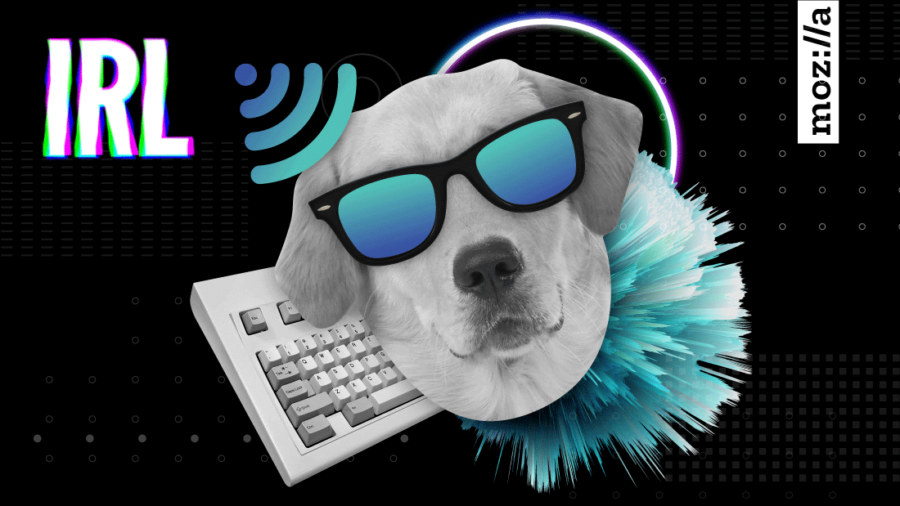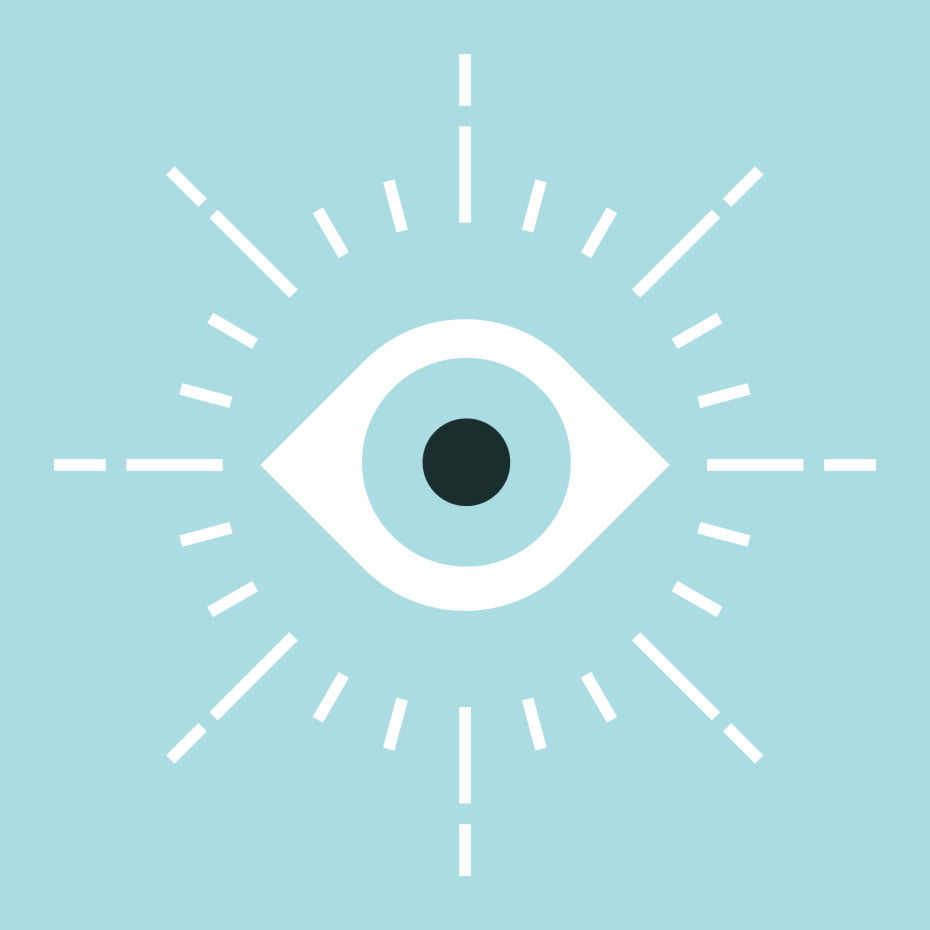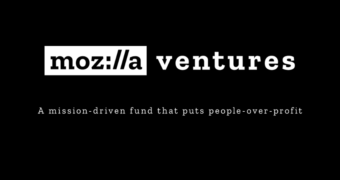For decades, the internet has come with its own cloak of invisibility. To quote The New Yorker’s famous cartoon, and one of the longest running jokes online: “On the Internet, no one knows that you’re a dog.”
Every day, in small and sometimes extraordinary ways, we benefit from the ability to choose our identities online; to share and explore things we might not be able to share and explore in public. But increasingly, our online and offline lives are intertwined. We leave traces of our real selves across every app we sign in to. We use our Instagram handles as our phone numbers. We reveal ourselves out here. But it’s not always by choice.
By permission of the artist. Originally published in The New Yorker July 5th, 1993.

By permission of the artist. Originally published in The New Yorker February 23rd, 2015.
On this week’s episode of IRL, Hafeez and Peter Steiner discuss the evolution of dog memes and digital privacy. SoSadToday talks about the value of anonymity for women online. Jonathan Hirshon shares his personal battle to keep his face off Facebook. And Alison Macrina and Morgan Taylor reveal what’s underneath the surface of the deep web. Listen up.
/ / / / / / / /
“Remember, when, on the Internet, nobody knew who you were?” New Yorker cartoonist Kaamran Hafeez’s work has been tracking our shifting, and sometimes strange, relationship with online anonymity since 2015. Below, we asked him to illustrate his take on the subject in 2018. 👀
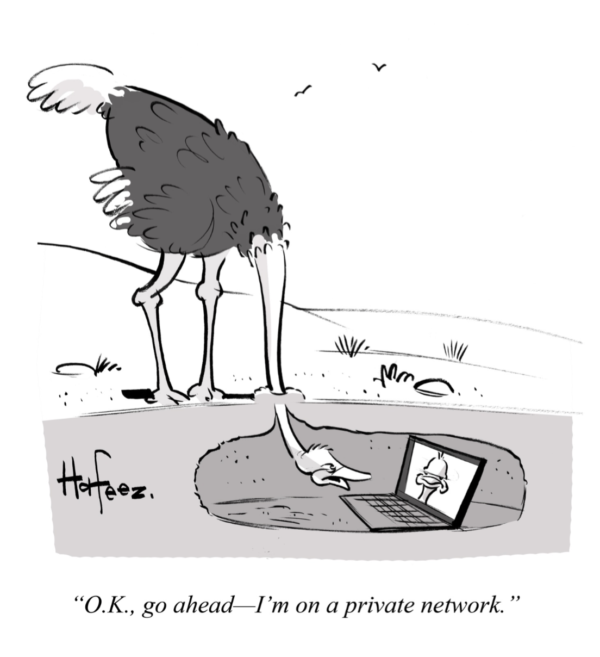
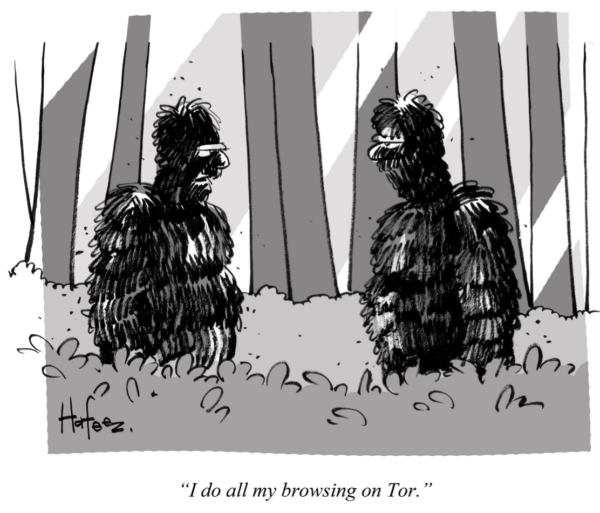
/ / / / / / / /

Get Firefox Focus, the privacy browser
Browse like no one’s watching. Firefox Focus automatically blocks a wide range of online trackers — from the moment you launch it to the second you leave it. Easily erase your history, passwords and cookies, so you won’t get followed by things like unwanted ads.
Original cartoons courtesy of Peter Steiner and Kaamran Hafeez.

